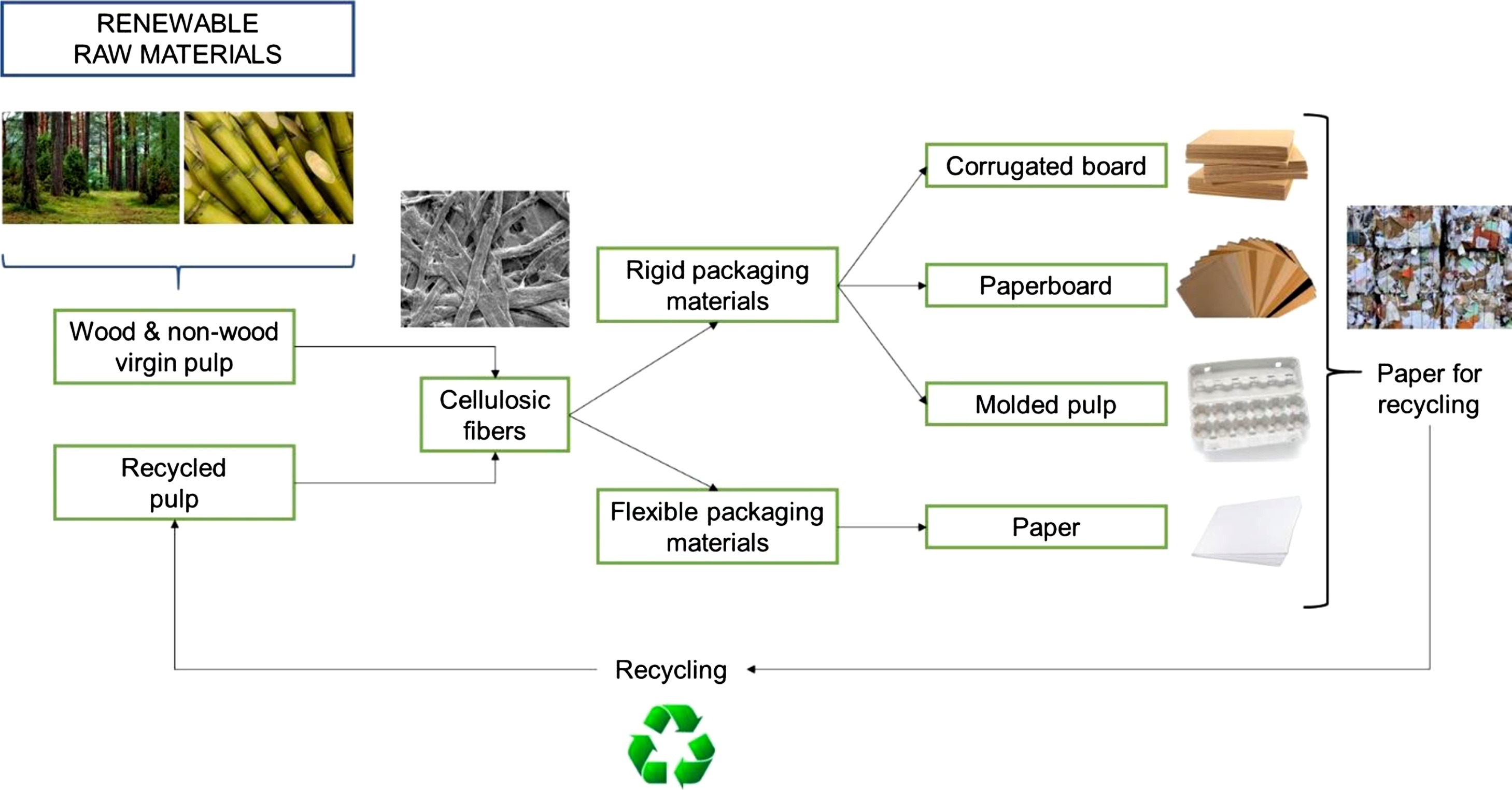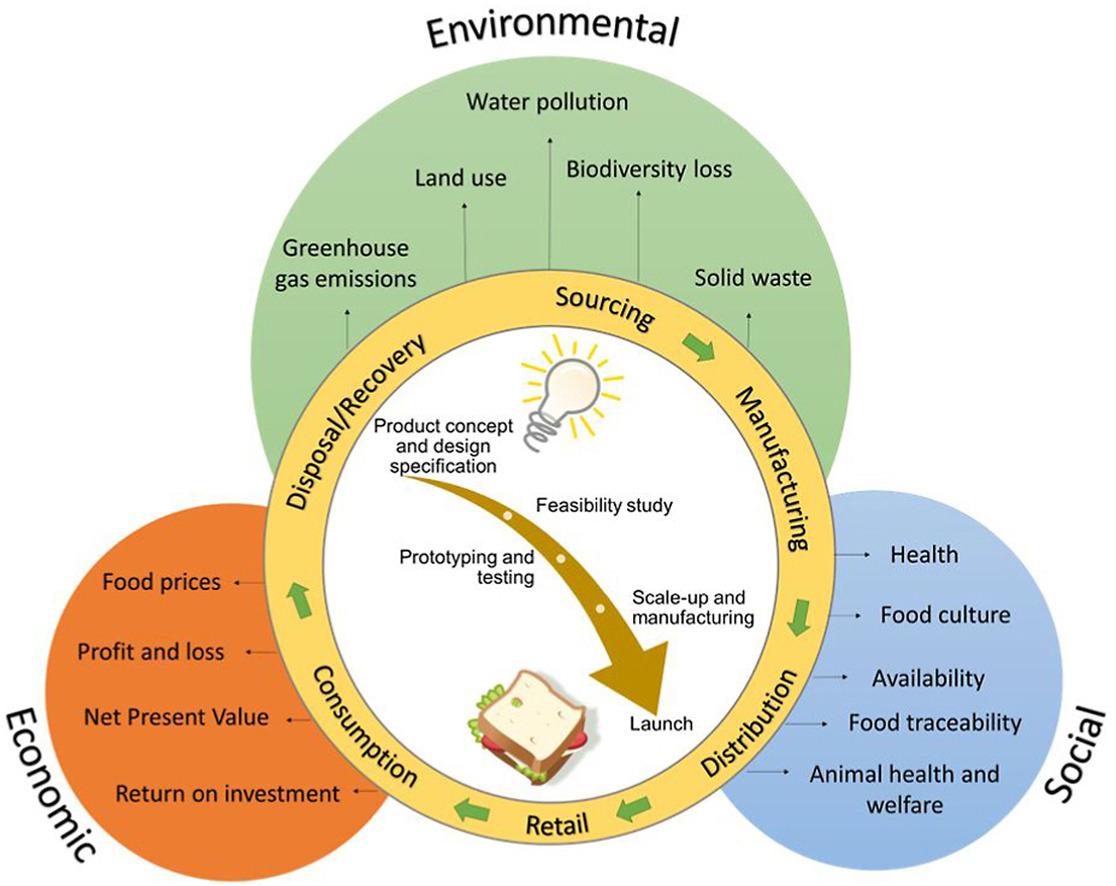Sustainable consumption and production (SCP) is at the core of the United Nations Sustainable Development Goals (SDGs), specifically addressed by SDG 12. This goal aims to "ensure sustainable consumption and production patterns," acting as a cross-cutting theme that feeds into other SDGs such as those related to climate change, poverty, health, and sustainable cities.
SCP involves using services and products in a way that minimizes environmental damage, preserves natural resources, and promotes social equity. The purpose is to decouple economic growth from environmental degradation, which means pursuing economic development in a way that can be sustained by the planet over the long term. SCP requires changes at all levels of society, from individuals to businesses to governments.
At the individual level, SCP implies making lifestyle choices that reduce environmental impact. This might include reducing, reusing, and recycling waste, choosing products with less packaging, and opting for more sustainable forms of transport like cycling or public transport.
For businesses, SCP entails adopting sustainable business models and practices. This could include improving resource efficiency, investing in renewable energy, designing products that are durable and recyclable, and ensuring fair labor practices.
At the government level, SCP involves implementing policies that support sustainable business practices and incentivize sustainable consumer behavior. This might involve regulations to reduce pollution, subsidies for renewable energy, and campaigns to raise awareness about sustainable consumption.
SCP also plays a role in several other SDGs. For example, sustainable production practices can help mitigate climate change (SDG 13) by reducing greenhouse gas emissions. Additionally, by reducing the pressure on natural resources, SCP supports the goals related to life below water (SDG 14) and life on land (SDG 15).
While progress has been made in certain areas, challenges remain in achieving the shift towards SCP. These include existing patterns of overconsumption, limited awareness about the impacts of consumption, and the need for technological innovation to enable more sustainable production.
Biomass, Biofuels, Biochemicals, Circular Bioeconomy - Current Status and Future Outlook, 2021, Pages 121-162
Kamil Maciuk, Chapter 9 - GNSS monitoring natural and anthropogenic phenomena, Editor(s): George p. Petropoulos, Prashant K. Srivastava, GPS and GNSS Technology in Geosciences, Elsevier, 2021, Pages 177-197, ISBN 9780128186176, https://doi.org/10.1016/B978-0-12-818617-6.00007-X.
Materials and the Environment, Third Edition: Chapter 11 - Renewable materials, natural materials, Volume , 2021
Hybrid Nuclear Energy Systems, A Sustainable Solution for the 21st Century, Hybrid Energy Systems, 2021, Pages 23-41


